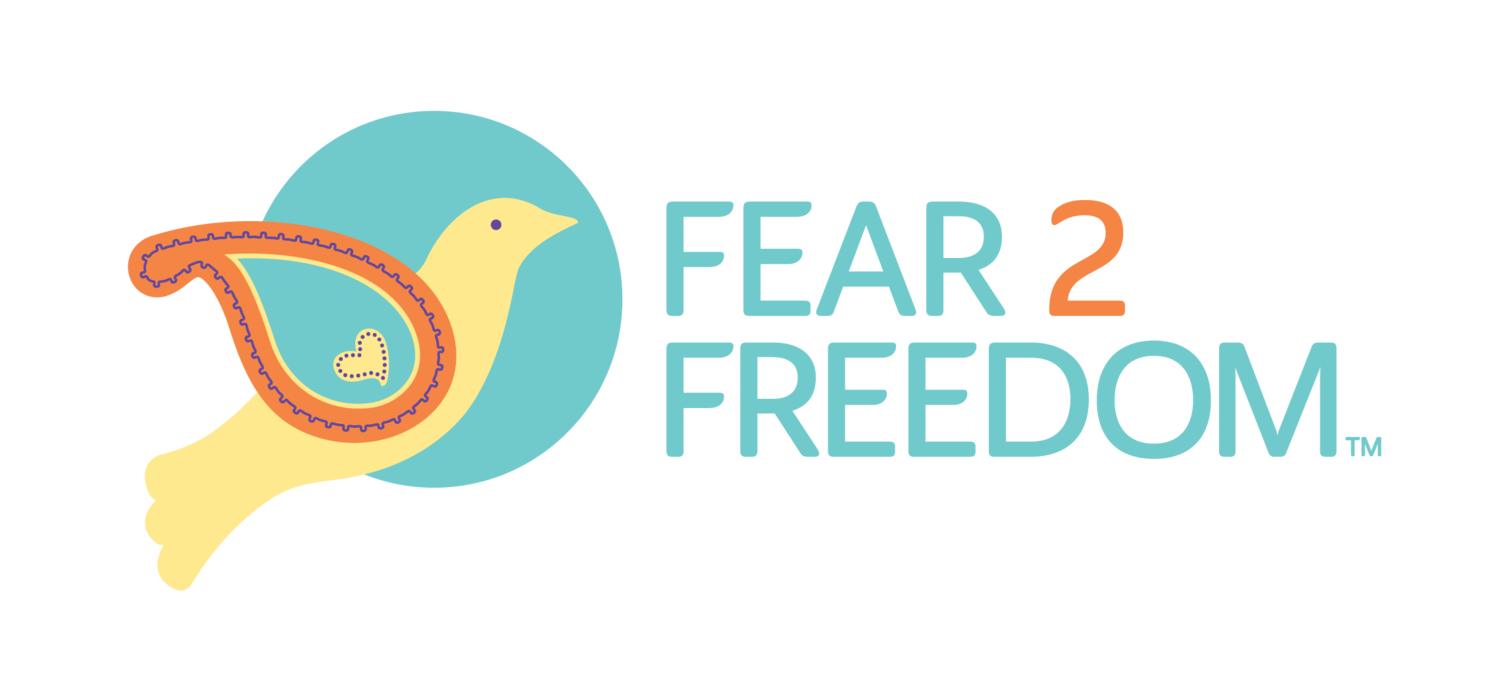Maddie Amos, Director of Grants and Programs
When many people think about February, Valentine’s Day is the first thing that comes to mind. This day is about celebrating love and showing those you care about how you feel. Many people don’t know, however, that this February is the tenth year of Break the Cycle’s Teen Dating Violence Awareness Month. Teen dating violence is an epidemic that we don’t talk about enough.
In the face of these alarming statistics from Loveisrespect.org and Break the Cycle, it is easy to feel overwhelmed. Something simple you can do is actively build healthy relationships. These can be with your romantic partner(s), or these can be with your friends. A culture that promotes healthy relationships also normalizes consent, which is a big factor in sexual violence as a whole.
Healthy relationships are built on open and honest communication. A foundational piece of a relationship is understanding each other’s needs and expectations. Here are some tips from Loveisrespect.org for creating and maintaining healthy relationships
Remember: nobody's perfect. There will undoubtedly be some days where you and your partner aren’t able to communicate well. But if you put effort into communication and respect on a regular basis you will be on your way to a more healthy relationship.
Everyone has off-days. Unhealthy relationships go beyond this. These relationships are based on power and control, not respect. Loveisrespect.org, Break the Silence, and author Katherine Hurst share several red flags that may signify an unhealthy relationship. Just one instance of one of these red flags may not indicate an entirely unhealthy relationship, but multiple or recurring warning signs shouldn’t be ignored.
If you’re unsure if you’re in a healthy relationship or not, you can ask yourself these questions. Are you being respected and treated fairly? Are you safe? Can you set boundaries and spend time apart? If you hesitate to answer these questions or are concerned for a friend or loved one, you can get help at the Break the Silence Hotline at 855-287-1777. You can also visit your local YWCA for support.
Only you can decide if your relationships are healthy. If you have friends who are concerned about you, that’s something to pay attention to, but ultimately, you’re in charge of your body and your relationships.
If there are aspects of your relationship that you’re unhappy about, you can address your concerns with your partner. Try open communication, and explain that you are willing to put forth effort if they are. You can’t force them to change, and you’ll have to accept the decision that they make.
If you decide that you want to end an unhealthy relationship, here are some steps that psychologists Kelly Dawson and Therese Borchard suggest you take to begin healing.
Relationships should make your life better. The most important relationship you have in life is with yourself. Take care of yourself!




